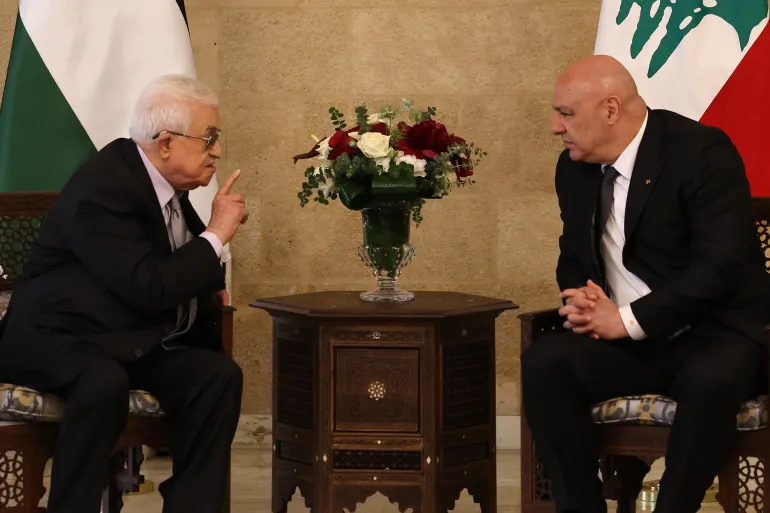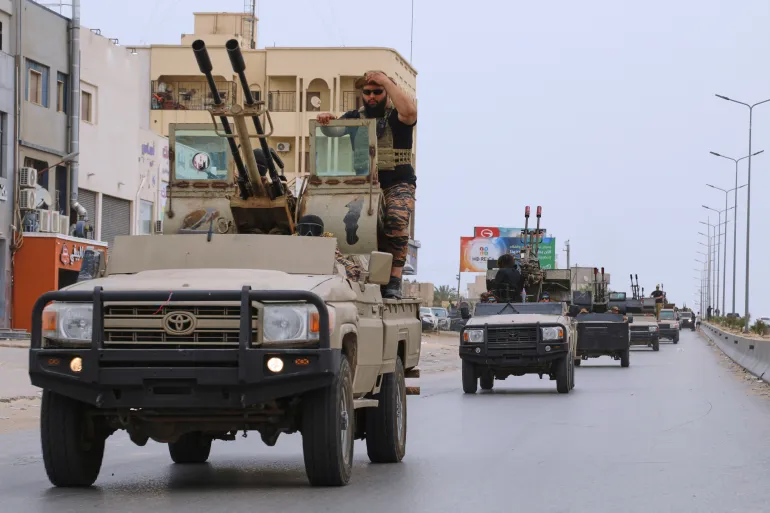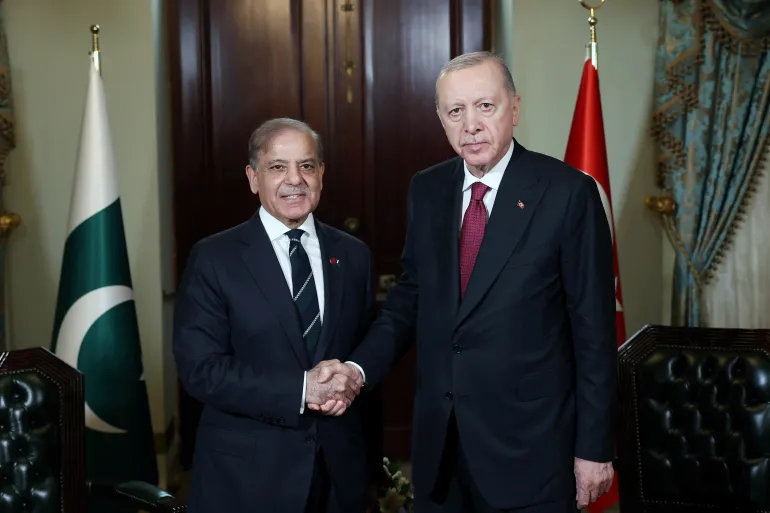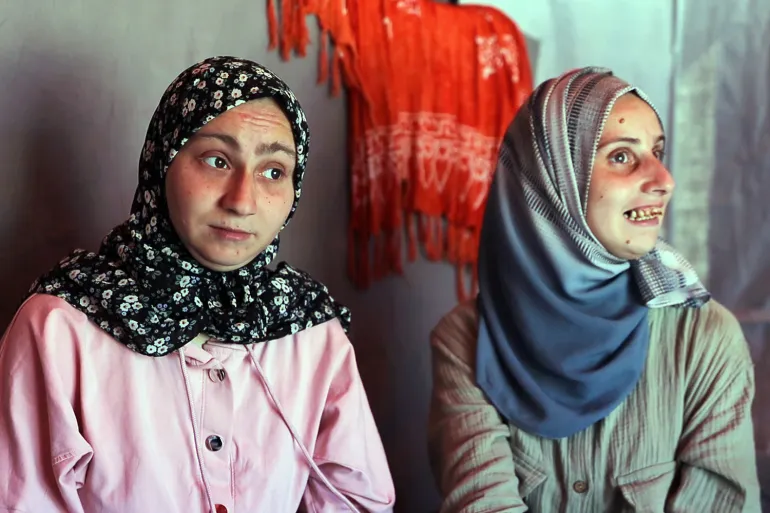A historic shift may be underway in Lebanon, where Palestinian factions inside the country’s refugee camps are engaged in serious discussions about disarmament, raising hopes for an end to decades of armed presence in some of the country’s most vulnerable communities.
The push for disarmament follows recent violence in Ain al-Hilweh, the largest Palestinian refugee camp in Lebanon, located in the southern city of Sidon. Clashes there last year between rival factions, including Fatah and Islamist groups, killed more than 30 people and injured hundreds, leading to renewed demands by Lebanese authorities and local residents for a comprehensive security overhaul.
According to Maher Shabaita, Fatah’s secretary in Sidon, there is now a real commitment from Palestinian leadership to implement a new security plan. “We have reached a point where everyone understands that weapons inside the camps have become a danger to our own people, not a protection,” he said in an interview with Al Jazeera.
The move, if realized, could mark a transformative moment in Lebanon’s longstanding Palestinian issue. Since the 1960s, various Palestinian factions have maintained a military presence in the camps, operating largely outside Lebanese state control. This arrangement—born of political necessity and Lebanese internal divisions—has frequently fueled instability, crime, and clashes, especially in southern Lebanon.
The new initiative reportedly includes plans to dismantle armed outposts, deploy unarmed joint security forces made up of Palestinian factions, and coordinate with Lebanese intelligence agencies to restore order. Factions involved in the talks include Fatah, Hamas, and several smaller Islamist and leftist groups.
But the process is fraught with complications. Many residents of the camps—home to over 200,000 Palestinian refugees—remain skeptical, having witnessed years of failed attempts to establish order and demilitarize factional forces. The deep social and political grievances that fuel the armed presence—chief among them the lack of civil rights, employment opportunities, and Lebanese citizenship—remain unresolved.
“The weapons are a symptom of a larger disease,” said Ziad Abdel Samad, a Beirut-based political analyst. “Unless the underlying conditions improve, it’s unrealistic to expect a full and lasting disarmament.”
Moreover, disarmament raises difficult questions about security and accountability. Many Palestinians in the camps view the weapons as a means of self-defense, particularly given Lebanon’s refusal to integrate Palestinian refugees into its security services or allow them formal protection under the law.
Hamas, for its part, has voiced cautious support for a coordinated security plan, provided it includes all factions and respects the independence of Palestinian political structures. A senior Hamas official, speaking anonymously, told Al Jazeera that any move toward disarmament “must be part of a broader agreement with Lebanese authorities and not imposed unilaterally.”
Lebanon’s political leadership has also responded positively. Parliament Speaker Nabih Berri, a key power broker in southern Lebanon and a longtime mediator between Palestinian factions and the state, has called the initiative a “necessary step” to prevent future bloodshed and to stabilize areas already under strain from economic collapse and regional turmoil.
International actors, including UNRWA and several European embassies, have also shown interest in supporting the plan, particularly if it leads to better governance and service delivery within the camps. However, they stress that any disarmament process must be voluntary, inclusive, and paired with social investments to ensure long-term sustainability.
While details remain under negotiation, a shift appears to be taking root—a growing recognition among Palestinian leaders that the cost of factional arms is outweighing their benefits. Whether that leads to a complete disarmament remains uncertain, but a structured, incremental rollback of armed activity inside Lebanon’s refugee camps may finally be within reach.
Source: Al Jazeera



